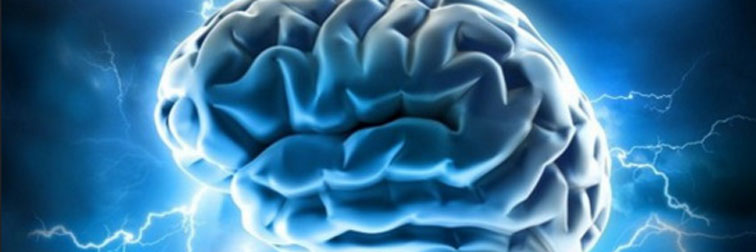
Asier ZARRAGA, BCBL predoctoral researcher
When we think about fitness and health our first thoughts are always related to someone exercising their body, but what about the brain? This marvelous organ also needs regular exercising in order to be fit and healthy. And similarly to an athlete who after some training becomes stronger/faster, so does our brain.
Let’s take as an example the demands of finding a specific location in the large and complex city map of London. The reader must be reminded that not so long ago GPS technology was not accessible as it became in the past 10 years. Therefore, taxi drivers faced repeatedly the “needle in a haystack” challenge. Curiously, a study verified that, compared to other groups of people, London taxi drivers had learning induced differences in their brains. For them a specific region dedicated to spatial memory cognition —the hippocampus— occupied a larger area of the brain. Responding to their daily experience, their brains allocated more resources to accomplish these tasks more efficiently. This remarkable characteristic of the brain is called plasticity. In other words, as an effective housekeeper, the brain is able to promote changes in itself and strengthen memories and abilities that are necessary, while “cleans up” those rarely used. Different to most animals, for which there is a brief and early window of learning, the plasticity of our brains allows us to keep learning throughout our whole life.

When we think about fitness and health our first thoughts are always related to someone exercising their body, but what about the brain?
Photo: CC BY - lgh75
Truth must be told. Indeed, it is easier to learn new things earlier in life. An informal experiment done by a Dutch researcher illustrates clearly this fact: he tried to learn to ride a bike with inverted controls, i.e. when he turned the handle left the tire turned right and vice versa. It took him almost a year to master the bike, where as his son of 5 learned in two weeks! Never the less, it is possible to learn new things —no matter what— all through our lives. In fact, the strongest factors holding us back are not related to biological issues, but psychological. Children experience new things with much more enthusiasm. They enjoy doing new things even if they make mistakes and fail. Studies on learning have shown that to perceive mistakes as a necessary part of learning has major influence on how we learn. For example, even for developing mathematical skills, the main factor related to successful learning and good performance was not any innate ability, but how many hours were dedicated to learning and showing persistence even after failure.
In past years, there was a boom of brain games. With several runs through each of the exercises, people saw their performance to get better and faster. They thought this training was making them smarter. Although, the only thing that happened was that they got better at those specific exercises. That does not mean that we should not do sudokus or crosswords, any activity that requires problem solving is better than passive activities, like watching TV. However, there might be better approaches if the objective is to exercise your brain. So, what should we do? The best way is to learn new things: play an instrument, play a new sport, learn another language, dance or learn a new recipe, make new friends, meet people from different cultures, etc. It really does not matter what. The brain loves and can always learn new things.
Comments:
comments powered by Disqus Artetsu Saria 2005
Artetsu Saria 2005
Arbaso Elkarteak Eusko Ikaskuntzari 2005eko Artetsu sarietako bat eman dio Euskonewseko Artisautza atalarengatik
 Buber Saria 2003
Buber Saria 2003
On line komunikabide onenari Buber Saria 2003. Euskonews
 Argia Saria 1999
Argia Saria 1999
Astekari elektronikoari Merezimenduzko Saria